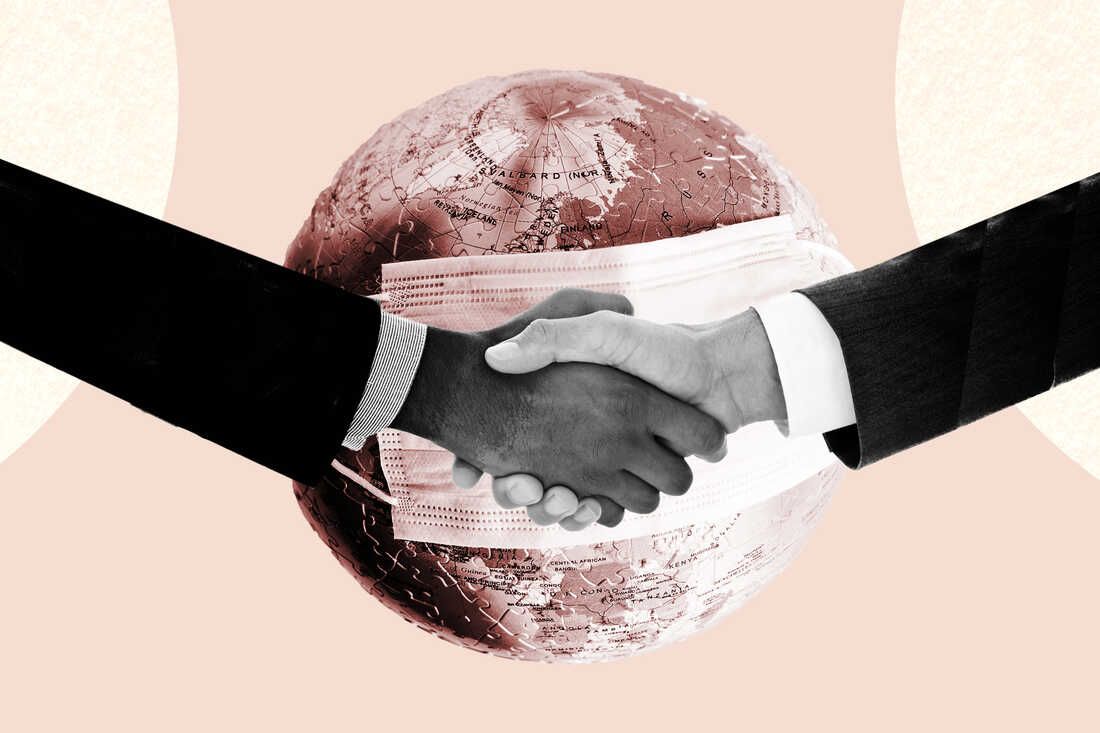Issues Relating to Development and Management of Social Sector/Services relating to Health, Education, Human Resources
News: The global struggle for a pandemic treat
What are the challenges preventing the Pandemic Agreement from being adopted, and what approaches should be taken to overcome them ?
The 77th World Health Assembly (WHA) in Geneva marked a critical juncture in global health governance, as 194 WHO member states failed to finalize the much-anticipated Pandemic Agreement after over two years of negotiations. Despite this setback, significant progress was made with adopting amendments to the International Health Regulations (IHR) 2005 and extending the mandate for the Pandemic Treaty negotiating body.
Major decisions in the 77th World Health Assembly
- International Health Regulations Amendments: The 2005 International Health Regulations (IHR) was accepted by the Assembly. The new “Pandemic Emergency” category, increased health emergency readiness, equitable access to medical supplies, aid to developing nations, and the creation of a National IHR Authority for better coordination are all the goals of these modifications.
- WHO Pandemic Agreement completion – The intergovernmental negotiation body’s (INB) term for the Pandemic Treaty was extended, necessitating a prompt completion of the WHO Pandemic Agreement.
Challenges need to be addressed:
- Pathogen Benefit Sharing and Access (PABS): By mandating manufacturers to donate a percentage of their products to WHO for worldwide distribution, the idea seeks to alleviate disparities in treatment access and vaccination distribution.
- On donation percentages, there is disagreement, with high-income countries refusing to budge from LMICs (low- and middle-income countries) calling for at least 20%.
- Technology Transfer and Intellectual Property Rights: Disputes about intellectual property rights, production governance, and TRIPS flexibilities—particularly with regard to the “peace clause”—have put a stop to negotiations.
- The One Health Approach: While high-income nations favor this strategy, which combines environmental, animal, and human health, low- and middle-income nations view it as an unnecessary burden.
- Enforcement and Implementation: There are serious worries over the Pandemic Agreement’s implementation due to the International Health Regulations’ (IHR) absence of a strong compliance mechanism and accountability.
Way Forward:
- Partnership for International Health Security – Leaders and diplomats alike should understand that international health security is enhanced by cooperation and mutual aid.
- The use of technology transfer and intellectual property waivers is recommended in order to develop a varied range of global industrial capabilities. LMICs will be able to become self-sufficient as a result, and their need on aid from high-income nations will decrease.

